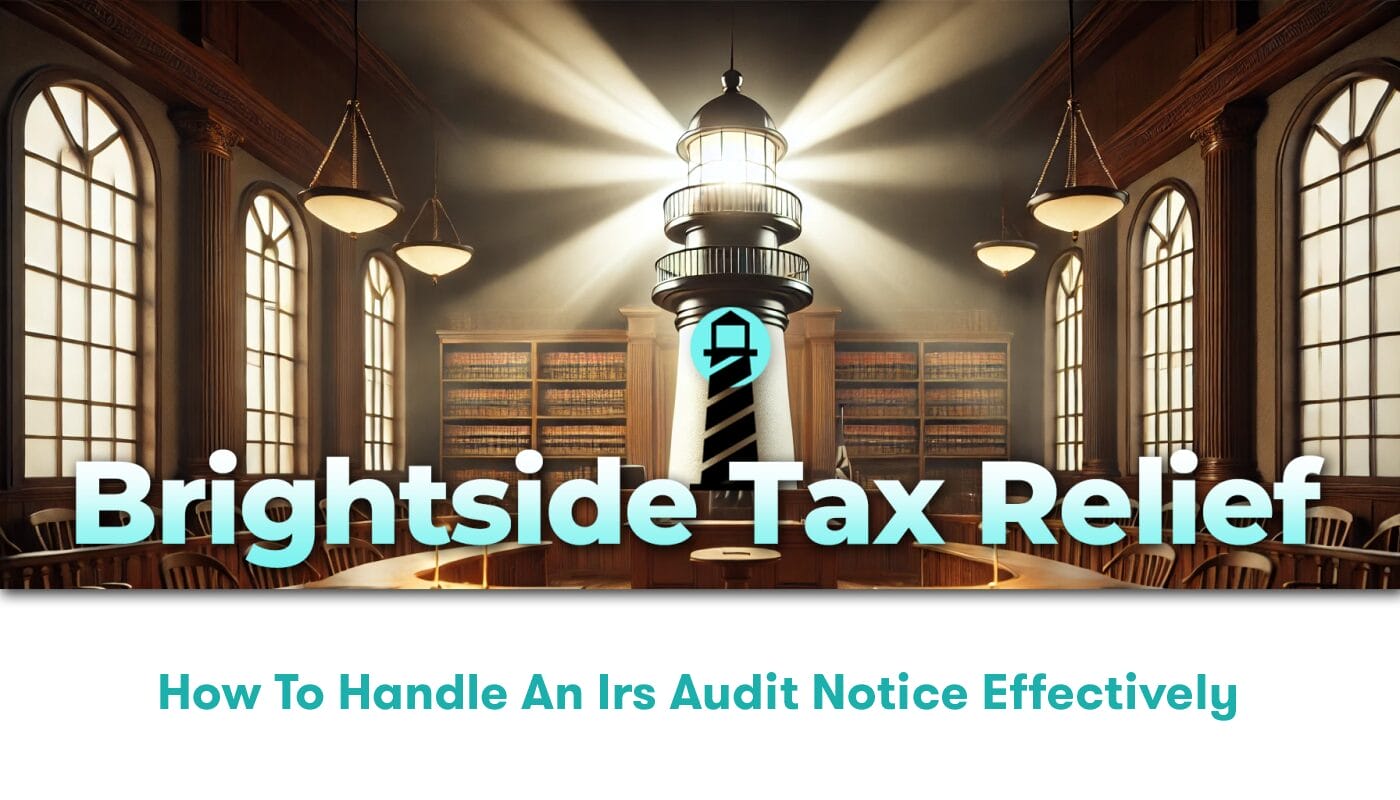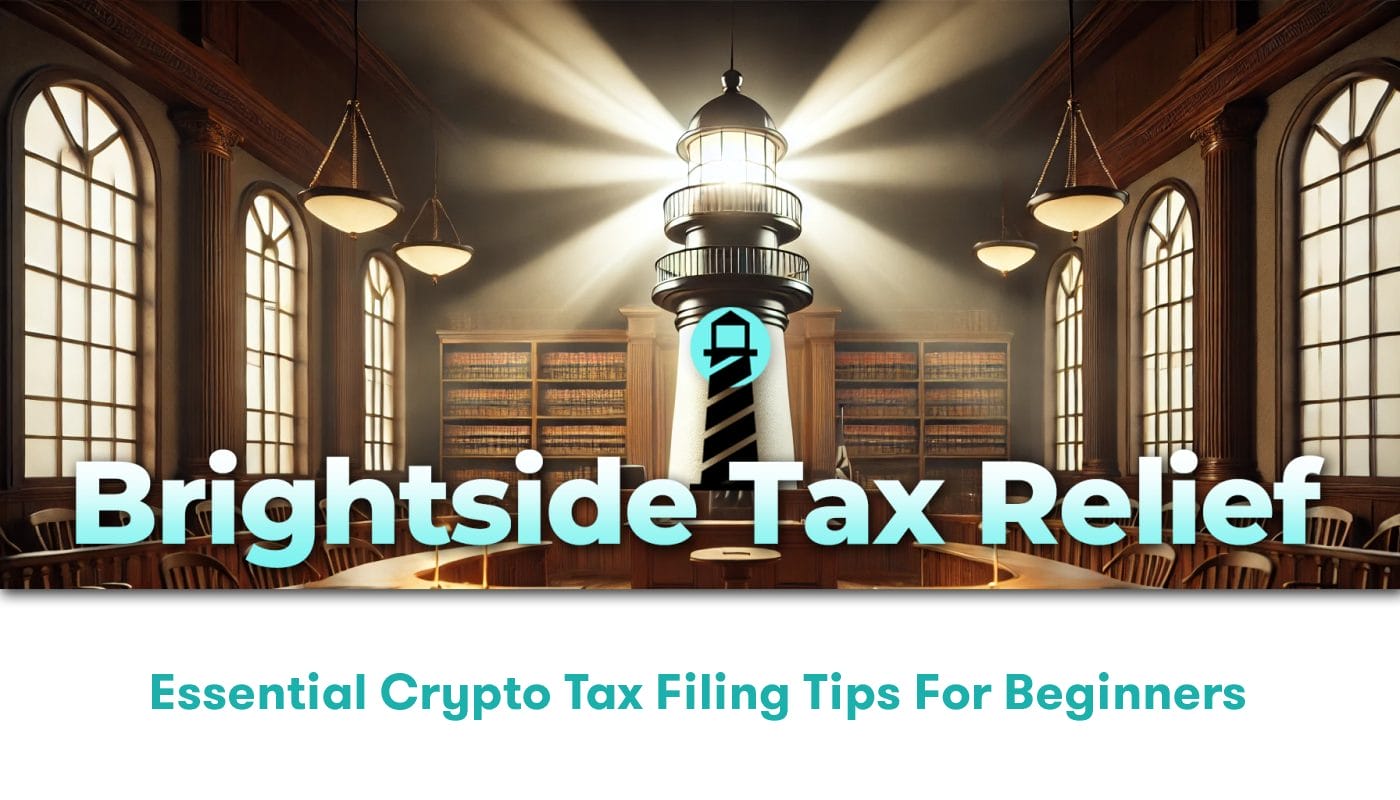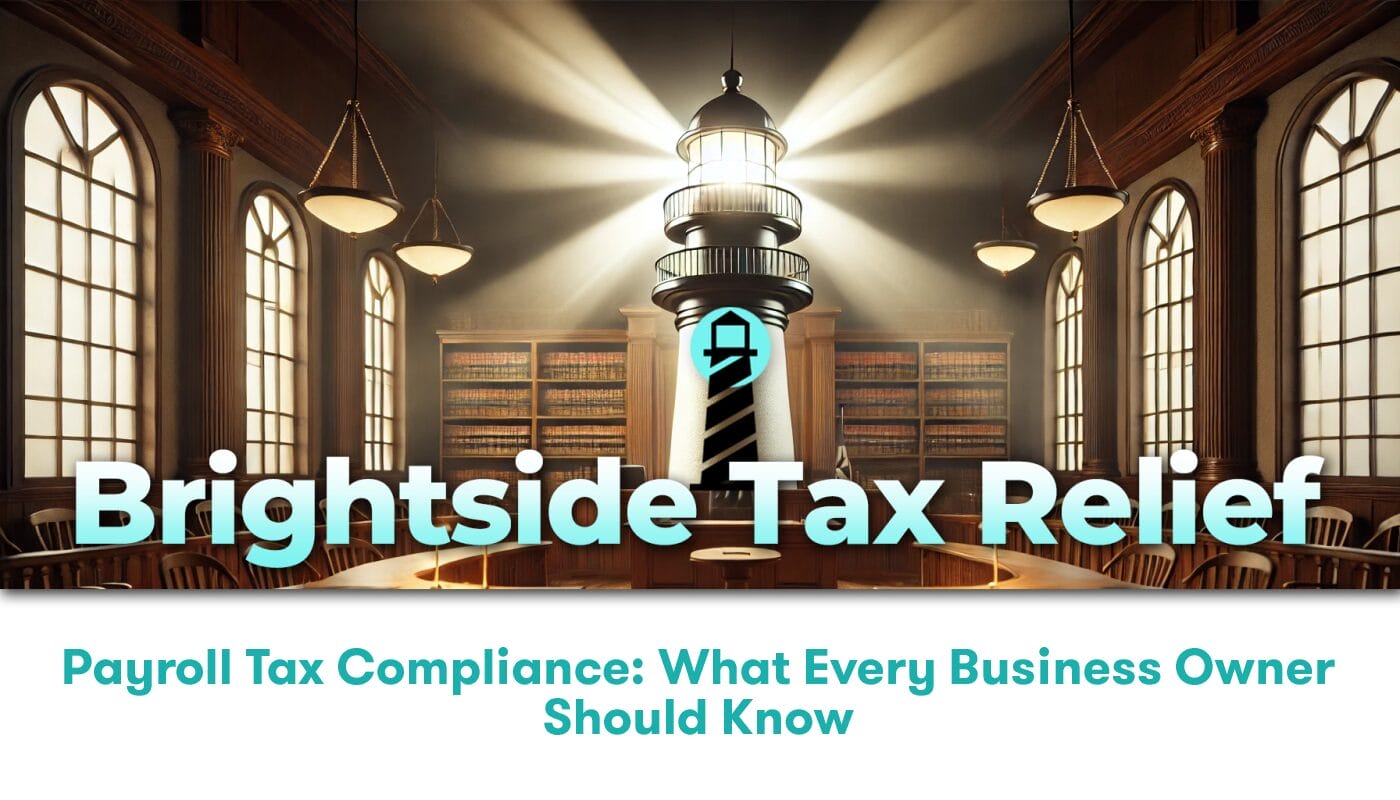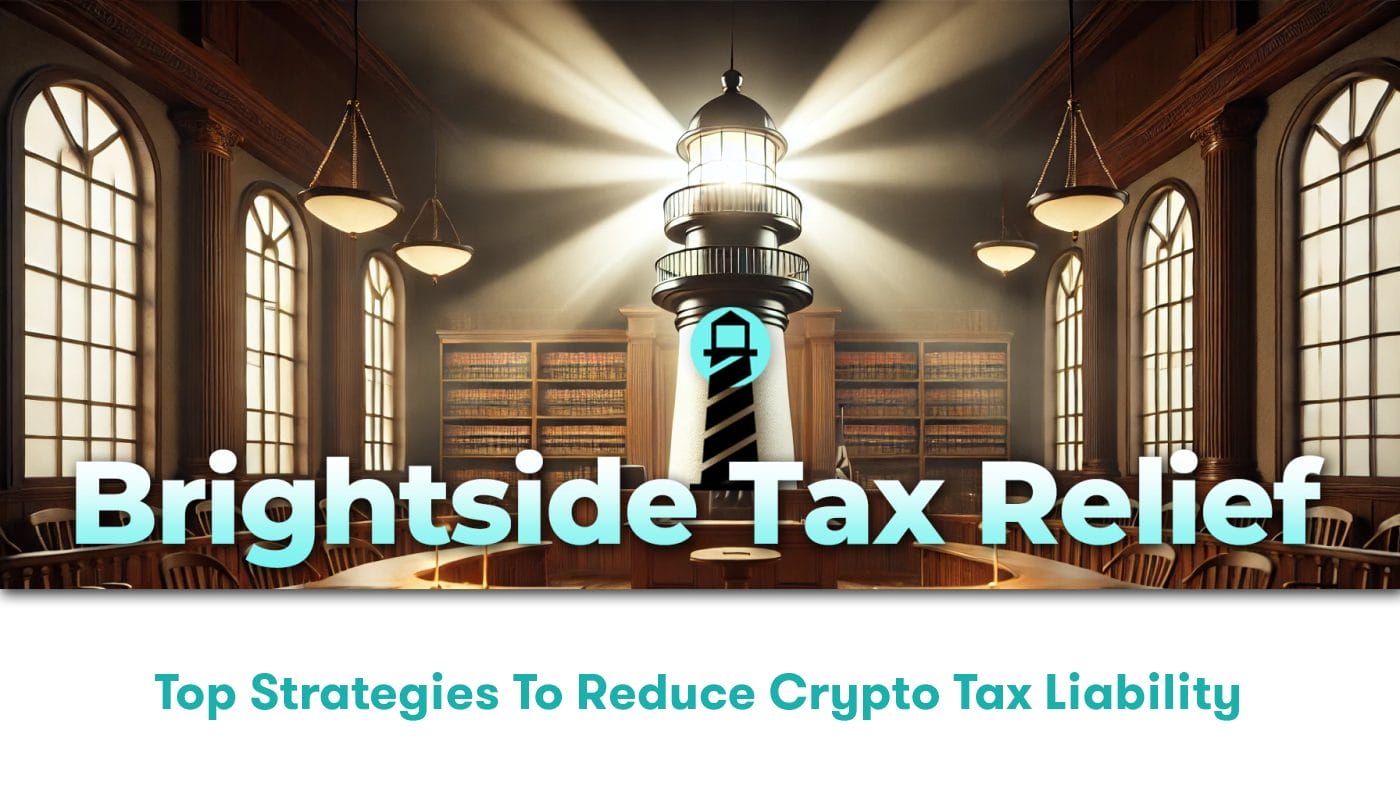Tax Relief Measures Every Small Business Owner Should Know
As a small business owner, tax management is a key aspect of running a successful business. Various tax requirements and laws can often be confusing and overwhelming. Brightside Tax Relief is here to help illuminate the best ways to navigate small business tax relief offerings. It’s easier than you think to take advantage of key tax strategies that can significantly reduce your company’s tax burden.
Understanding Tax Relief for Small Businesses
In its simplest term, “tax relief” refers to the reduction in taxes that businesses and individuals owe to the Internal Revenue Service (IRS). Various strategies, deductions, credits, or exemptions legally reduce the tax liability, offering great benefit to small business owners. Overall, these strategies translate into lower business costs, higher profits, and more room for growth and investment.
Capitalizing on Business Tax Credits
One of the primary ways to secure tax relief is through business tax credits. Unlike deductions that reduce the amount of taxable income, tax credits reduce the tax itself. Small business owners can take advantage of various tax credits, such as:
– Work Opportunity Tax Credit: Available for businesses hiring individuals from certain target groups who face employment barriers.
– Small Business Health Care Tax Credit: Businesses with less than 25 employees providing health coverage may qualify.
– Disabled Access Credit: Companies that make their building more accessible for the disabled qualify for this credit.
Maximizing Deductions for Small Business Tax Relief
Deductions are another valuable avenue for tax relief, reducing the amount of income on which a business is taxed. Here are a few key deductions that can offer substantial aid:
– Home Office Deduction: If you use a part of your home regularly and exclusively for your business, you may qualify.
– Vehicle Expenses: If your vehicle is used for business, you can deduct expenses such as mileage, parking, and tolls.
– Employee Benefits: Health insurance, retirement plans, and education assistance provided to employees can be deducted.
Navigating Tax Relief Programs
If a business is unable to pay its tax debts, it could qualify for specific tax relief programs. These include:
– Offer in Compromise: A program allowing businesses to settle their tax debt for less than the amount owed.
– Installment Agreement: A program allowing for manageable monthly payments.
It’s critical to understand that while these programs can offer relief, they also have certain requirements and implications. A tax professional can provide valuable guidance when navigating these options.
Importance of Proactive Tax Planning
For achieving optimal small business tax relief, proactive tax planning is key. Countering potential tax liabilities requires ongoing attention and strategic moves throughout the year. Whether it’s maintaining accurate financial records, timely tax filings, or consistent consultations with a tax professional, proactive tax planning helps identify potential deductions and tax credits well in advance, steering clear of costly penalties.
Role of a Tax Relief Company
Navigating the complexities of small business tax relief can be daunting. That’s why firms like Brightside Tax Relief can provide invaluable assistance. Armed with expertise in tax laws and strategies, our professionals can help you minimize tax liability, negotiate with IRS, and guide you effortlessly through the process. We ensure to keep you compliant with the tax laws while maximizing every opportunity for tax relief.
Wrapping It Up
Achieving small business tax relief is a continuous journey that requires diligent planning, careful strategy, and in-depth understanding of tax laws. And while it’s possible to navigate the tax landscape on your own, partnering with tax professionals like Brightside Tax Relief can provide clarity and comfort as you steer your business towards success.
For more information, the IRS provides a robust resource for small business tax relief, offering extensive guidance on various tax credits, deductions, and programs available for small businesses. Be sure to consult with a tax professional to discuss the best strategies for your business.






